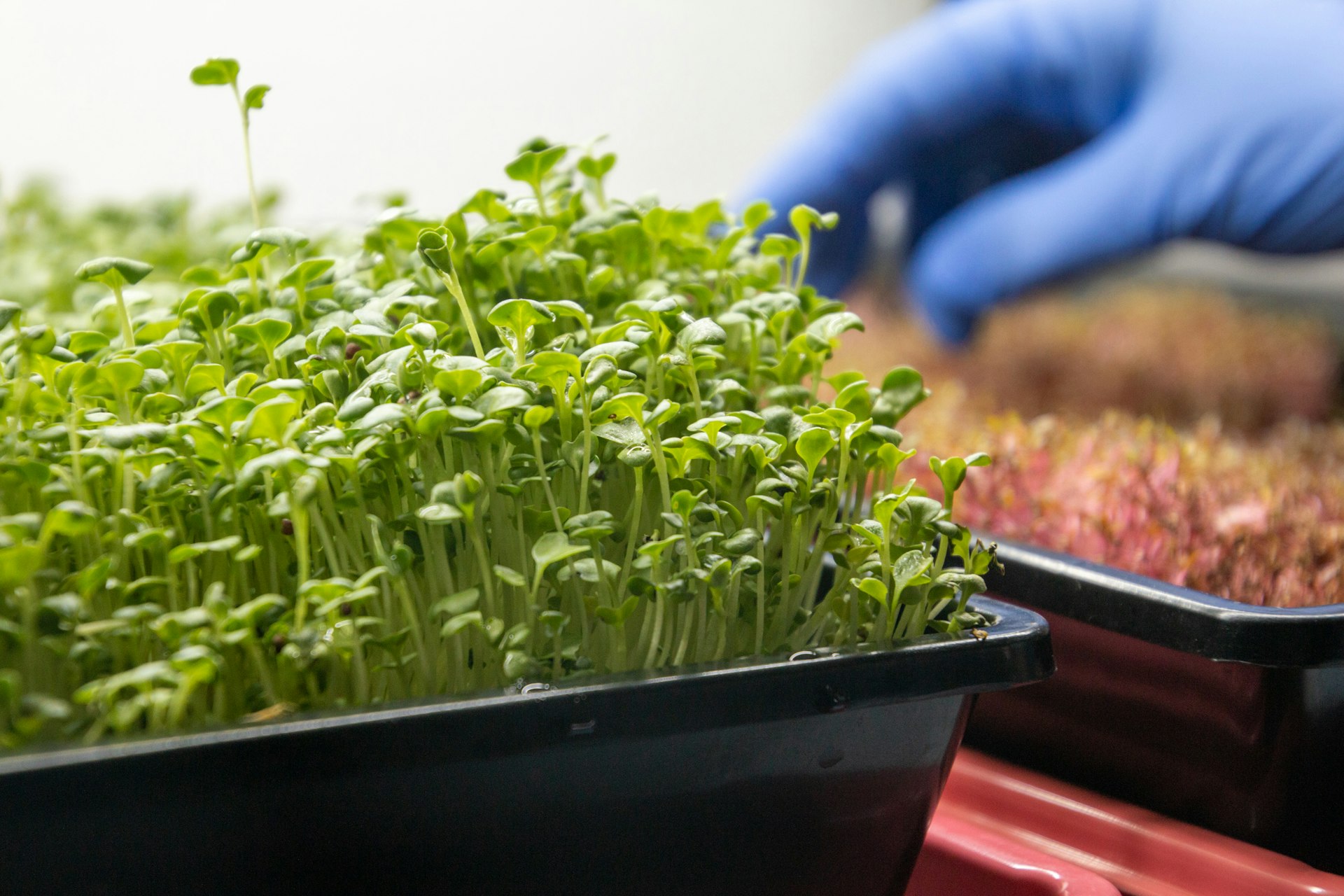Unlocking Your Brain’s Potential: Why Staying Hydrated Matters for Cognitive Function

Photo by Andrey Ilkevich on Unsplash
Introduction: The Vital Connection Between Hydration and Cognitive Performance
Water is not just essential for physical health-it plays a critical role in brain function. With approximately 75% of the brain composed of water, even mild dehydration can adversely affect mental clarity, memory, focus, and reaction time. Recent research highlights the importance of maintaining balanced hydration for optimal cognitive performance across all ages, from children to older adults [1] [5] . In this article, we explore the science behind hydration’s impact on the mind, practical steps to stay hydrated, and how you can recognize and respond to your body’s fluid needs for peak mental performance.

Photo by Andrew R on Unsplash
The Science: How Hydration Influences Brain Function
Multiple studies confirm that proper hydration is closely linked to cognitive abilities such as concentration, memory, reaction time, and decision-making. When dehydrated-defined as a loss of just 1-2% of body weight in fluid-individuals can experience impaired memory, slower reaction times, reduced alertness, and diminished executive function [3] . For example, one study found that participants who consumed adequate water performed significantly better on attention tasks compared to those who did not, while another observed that even a single glass of water could improve sustained attention and memory in both children and adults [1] . In older adults, hydration status has been shown to influence scores on cognitive tests, especially among women. Notably, both dehydration and overhydration can be detrimental, suggesting that a balanced approach is essential for optimal brain health [2] .
Real-World Examples: Hydration, Focus, and Productivity
Consider a workplace scenario: Employees working through long meetings or focusing on complex tasks may notice lapses in attention or increased fatigue if they are not drinking enough water. Research has demonstrated that hydrated individuals report higher levels of alertness and cognitive efficiency, while those who are dehydrated are more likely to feel mentally fatigued and require greater effort to complete tasks [3] . In classroom settings, students who drink water before exams or cognitive tests tend to achieve higher scores on memory and concentration tasks. Even athletes, whose performance depends on split-second decisions, experience measurable slowdowns in reaction time when dehydrated [4] .
Step-by-Step Guidance: How to Maintain Optimal Hydration for Your Brain
Implementing smart hydration habits can make a marked difference in your cognitive performance. Here’s how you can ensure your brain gets the water it needs:
- Monitor Your Intake Regularly: Experts generally recommend consuming around 2.7 liters (about 91 ounces) of total water per day for women and 3.7 liters (about 125 ounces) for men from all beverages and foods, though individual needs vary based on climate, activity, and health status. You can track your fluid intake using smartphone apps or a simple log.
- Listen to Your Body: Thirst is a late indicator. Look for earlier signs of dehydration such as dry mouth, headache, fatigue, or reduced focus. Pay attention to urine color-it should be pale yellow. Dark urine is a sign you may need more fluids.
- Incorporate Water into Your Routine: Begin your day with a glass of water, and aim to drink at regular intervals. Carry a reusable water bottle and refill it throughout the day. To avoid overhydration, spread your intake evenly and don’t force excessive amounts at once.
- Eat Hydrating Foods: Fruits and vegetables like watermelon, cucumbers, oranges, and lettuce have high water content and contribute to overall hydration.
- Adjust for Activity and Environment: Hot weather, exercise, and illnesses that cause fever or sweating increase fluid requirements. Increase your intake accordingly, but always in moderation.
- Review Medications and Health Conditions: Some medications and chronic illnesses may affect fluid balance. Consult with your healthcare provider if you have concerns about how much water you should drink each day.
Potential Challenges and Solutions
Maintaining proper hydration comes with challenges. Busy schedules, forgetfulness, or lack of access to clean water can interfere with regular intake. To overcome these barriers, set reminders on your phone, keep water visible on your desk, and make hydration a group priority at work or home. If you dislike the taste of plain water, try infusing it with fresh fruits or herbs for variety. For older adults, who may experience diminished thirst signals, scheduled drinking times can help ensure adequate intake [2] .
Alternative Approaches to Optimizing Cognitive Function
While hydration is fundamental, optimizing brain health also involves balanced nutrition, regular physical activity, quality sleep, and stress management. Caffeine and sugary drinks may provide short-term boosts, but excessive consumption can lead to dehydration or energy crashes. For those with medical conditions affecting hydration (such as kidney disease), consult with a healthcare professional about tailored strategies.
How to Find More Information and Professional Support
If you are interested in exploring your hydration needs further or seeking support for cognitive concerns, you can:
- Discuss your hydration and cognitive health with your primary care physician or a registered dietitian, who can tailor recommendations to your unique needs.
- Search for “hydration and cognitive function” on trusted sources such as the Centers for Disease Control and Prevention (CDC) or the National Institutes of Health (NIH) for current guidelines and research.
- For workplace wellness programs, inquire with your human resources department about educational sessions or hydration initiatives.
- For older adults or caregivers, local senior centers and community health organizations often offer workshops on healthy aging and hydration.
If you need help finding a licensed nutritionist or cognitive health specialist, you may contact your local hospital or search through the Academy of Nutrition and Dietetics’ online directory.
Key Takeaways
Hydration is a simple, actionable way to support your brain’s ability to think, remember, and stay alert. Both dehydration and excessive fluid intake can negatively impact cognitive function, so finding your personal hydration ‘sweet spot’ is essential. By staying mindful of your fluid intake, adjusting for your environment and activity, and seeking professional guidance when needed, you can unlock your brain’s potential and maintain sharper cognitive performance throughout life.
References
- [1] OSHA (2023). The Cognitive Effects of Proper Hydration.
- [2] Penn State (2021). Hydration may affect cognitive function in some older adults.
- [3] Academic Medicine (2023). Hydration status and its impact on cognitive performance.
- [4] British Journal of Nutrition (2014). Effects of hydration status on cognitive performance and mood.
- [5] Zhang N, et al. (2019). Effects of Dehydration and Rehydration on Cognitive Performance and Mood.
MORE FROM hotondeals.com













